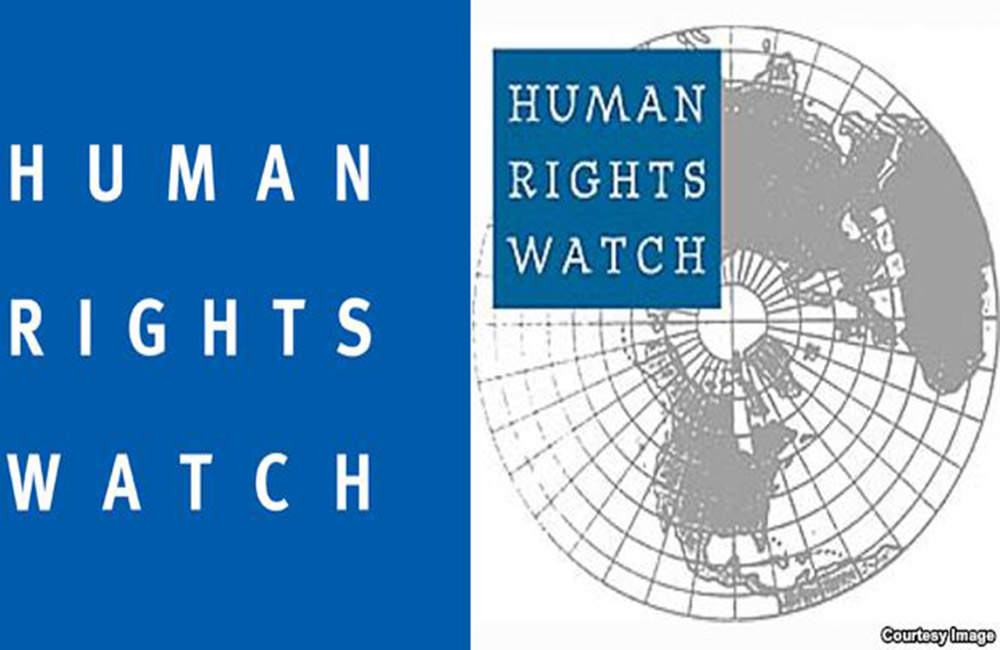“There is every reason to fear that any progress Sri Lanka has made in recent years in restoring basic rights and rebuilding democratic institutions will be overturned with a vengeance,” said Meenakshi Ganguly, South Asia director at Human Rights Watch. “The new president seems intent not only to wipe away the Rajapaksas’ past abuses but clear the path for future ones. Concerned governments should make it clear that international crimes cannot simply be brushed under the carpet.”
In the 652-page World Report 2020, its 30th edition, Human Rights Watch reviews human rights practices in nearly 100 countries. In his introductory essay, Executive Director Kenneth Roth says that the Chinese government, which depends on repression to stay in power, is carrying out the most intense attack on the global human rights system in decades.
Under the outgoing Maithripala Sirisena administration, there was some progress in addressing abuses during the civil war between the Sri Lankan government and the Liberation Tigers of Tamil Eelam, which ended in May 2009.
Senior police officers investigating Rajapaksa-era abuses have been transferred, or their security clearance has been withdrawn, and the army has been given increased responsibility for the normal police role of protecting “public safety.”
In 2019, Sri Lanka suffered its worst communal violence since the end of the civil war. Islamist suicide bombers attacked churches and hotels in Colombo and other cities on Easter Sunday, April 21, killing over 250 people and injuring hundreds more.
Anti-Muslim mobs, some linked to nationalist politicians and incited by extremist Buddhist monks, attacked Muslim property and vilified Muslims and foreign asylum seekers, putting them at risk of assault.
The government imposed a state of emergency for four months. The authorities detained hundreds of people without charge under the Prevention of Terrorism Act, an abusive law that the government had committed to replacing.

Leave your comments
Login to post a comment
Post comment as a guest